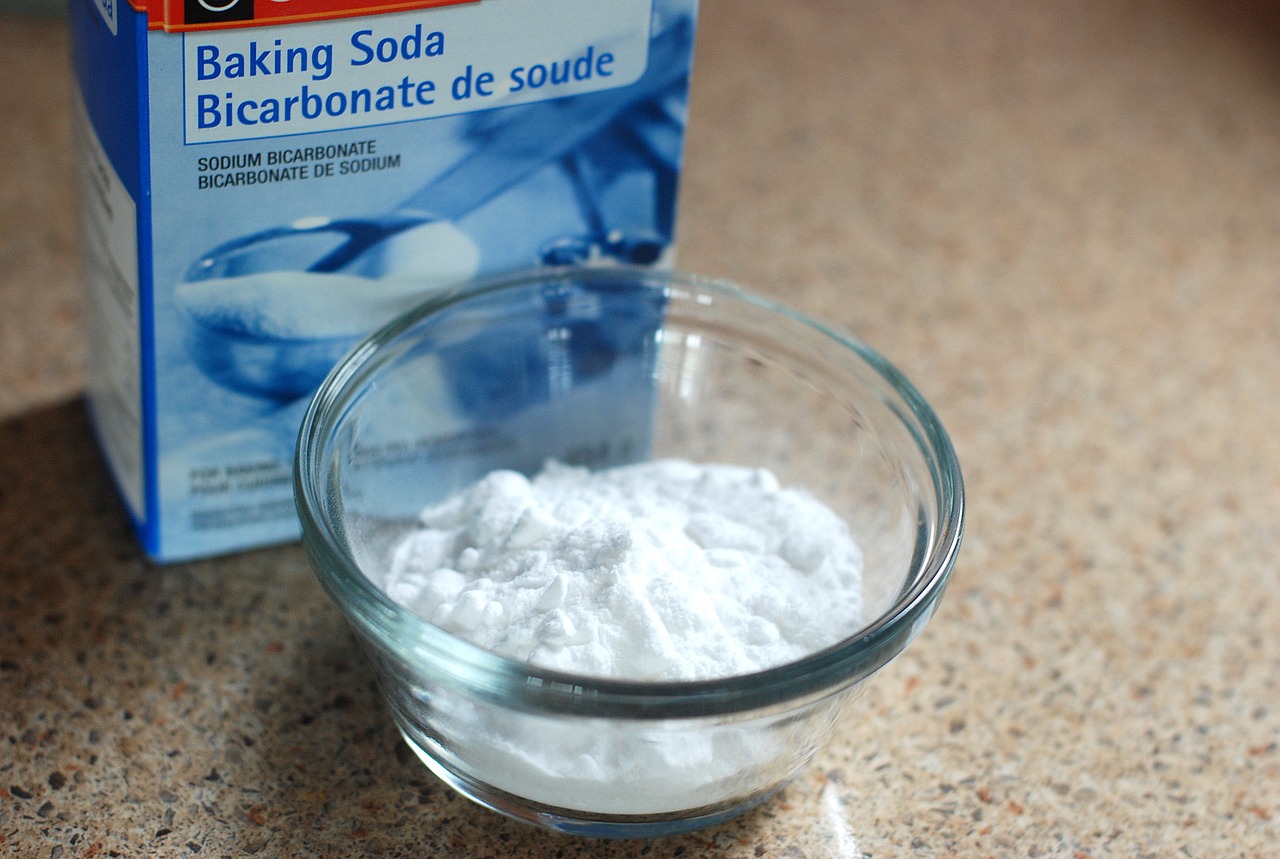A dose of sodium bicarbonate – more commonly known as baking soda – daily can reduce inflammation of some autoimmune diseases like rheumatoid arthritis, scientists say.
A team from Augusta University found evidence of how the kitchen and household ingredient can boost the spleen’s function to promote an anti-inflammatory environment that can, in turn, give therapeutic treatment to people suffering from inflammatory diseases, Tech Times reports.
Paul O’Connor and colleagues say that drinking a baking soda solution can help mesothelial cells to tell the spleen, which is a part of the human body’s immune system, that there is no need to prompt an immune response, which can promote an environment that protects against inflammation.
The researchers said,
Our data indicate that oral NaHCO3 activates a splenic anti-inflammatory pathway and provides evidence that the signals that mediate this response are transmitted to the spleen via a novel neuronal-like function of mesothelial cells.
This is not the first study to determine how baking soda can positively affect health. One study examined 134 adults who had chronic kidney disease, and found that those who took sodium bicarbonate supplements were 36% less likely to develop kidney failure compared to the patients who did not take such supplements. Chronic kidney disease causes those who have it to lose function of their kidneys.
Baking soda is also recommended to soothe irritated and itchy skin, and baking soda baths are effective at soothing bee stings and bug bites. Baking soda can also help with sunburn, particularly when combined with other kitchen staples like cornstarch or oatmeal.
In addition, baking soda can treat heartburn or acid reflux, a condition that causes a burning sensation when acids rise from the stomach to the esophagus. Acid reflux is usually caused by stress, overeating, and intake of greasy or spicy foods, so baking soda neutralizes the offending stomach acids.
The study was published in the Journal of Immunology.
























